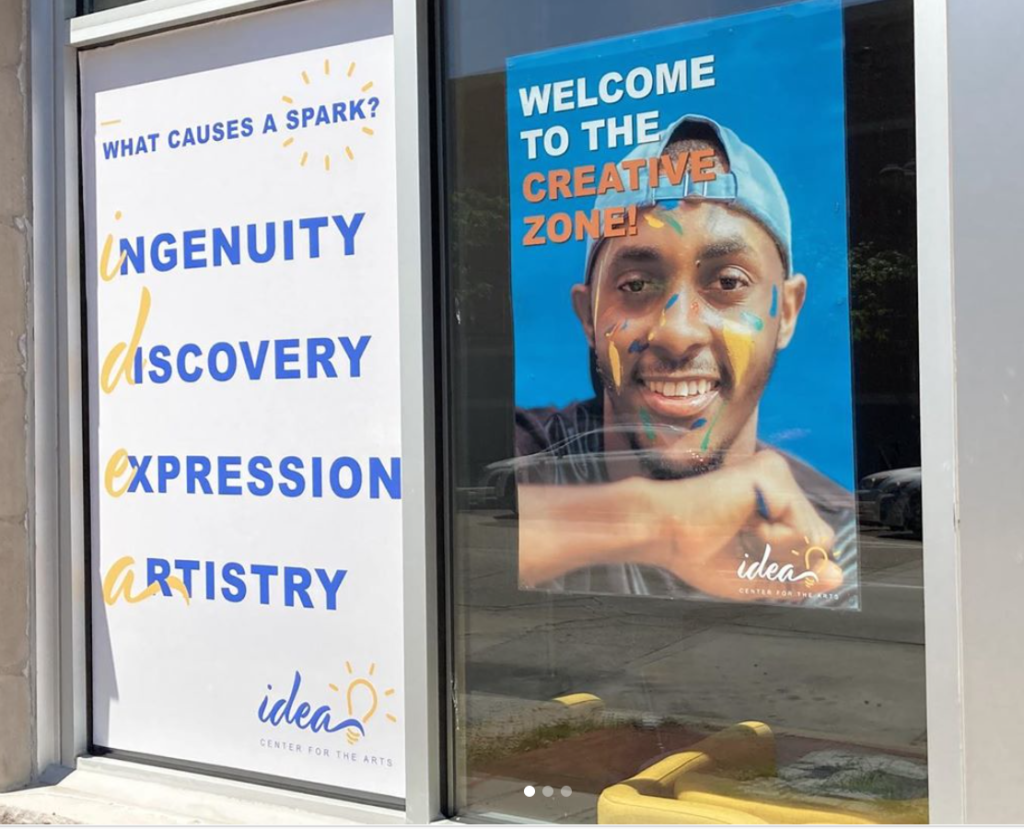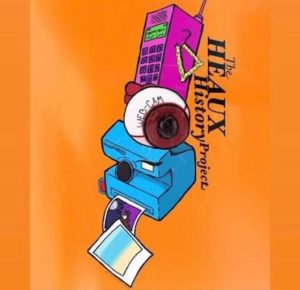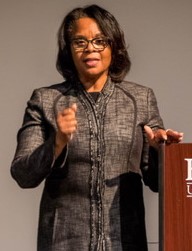Independence Media Foundation’s Community Voices grant elevates Black and brown voices left behind during COVID-19
 August 24, 2020
Category: Featured, Long, Purpose
August 24, 2020
Category: Featured, Long, Purpose
In the post-COVID world, the novel coronavirus disproportionately affects African Americans and people of color, on average, about three times more than their white counterparts. Cynthia Primas believes there is a moral imperative to elevate the voices of those most afflicted.
She told Generocity that COVID-19 exposed long-ignored structural inequities prevalent in Black and brown communities. The list is long and includes poverty, substandard housing, underfunded education systems, and more.
Telling stories, said Primas, might force those in power to pay attention. It may also make it possible to right the wrongs of the past while opening opportunities to marginalized groups.
“[I hope] that the stories become stories of hope with solutions attached that can be a testament to a better future for those who have been affected and that they get to regain their dignity,” said Primas who serves as the president and CEO of the youth empowerment nonprofit Institute for the Development of Education in the Arts in Camden.
As part of their efforts to facilitate these narratives, IDEA launched the “Unmemorial” project. The initiative seeks to platform misrepresented groups and use their stories to re-commemorate space at Rutgers University’s Johnson Park once occupied by a mosaic frieze depicting racist images of Native Americans bowing down in subservience to Christopher Columbus.

Institute for the Development of Education in the Arts in Camden received a Community Voices grant for the “Unmemorial” project. (Photo courtesy of Institute for the Development of Education in the Arts)
The project is one of almost 50 awarded funding as part of the Independence Public Media Foundation’s Community Voices grants. At the end of July, IPMF announced they awarded a total of $1.75 million to 43 projects across the greater Philadelphia area, including the suburbs and New Jersey. Awardees will record, document, share, and preserve the underrepresented voices and narratives of COVID-19 using a variety of different media.
Grant winners from across the region comprise several collaborative efforts, including one from 215 People’s Alliance, Reclaim Philadelphia, Free Press, and Movement Alliance Project. Together, this group will create an expanded information network in response to COVID-19. According to the IPMF, this new collective hopes to “lift up stories of disconnected and disaffected Philadelphians, and support Black dignity” by breaking down structural barriers that prevent marginalized groups from obtaining critical information in times of crisis.
Several organizations received grants for the first time in 2020, such as the Heaux History Project, which will center the stories of Black and brown sex workers during COVID-19. Other new winners include The Village of Arts & Humanities, which will develop a project that asks artists, designers, and community members, “What does a Philadelphia look like that’s designed for me?”
For some of the grant winners, funding from the IPMF is an opportunity to stay connected to the community at a time when nonprofits focused on arts and culture are struggling. Vashti DuBois, executive director and founder of The Colored Girls Museum in Germantown, explained that the grant given to her organization, which will go towards an immersive technology program to help young Black girls and women create their stories, marries the use of archival research with theater creation.
As DuBois told Generocity, the museum is a place of celebration and reflection for Black girls and women. Introducing them to archives allows young Black girls to explore their stories beyond their family connections.
“So often no matter who you are you think that your story begins with you and your family,” said DuBois. “But what we know is that we’re all connected through history so archives give us an opportunity to go back in time and to really understand what other black women and girls were thinking about, doing, and creating.”
IPMF Program Officer Nuala Cabral refers to it as community-driven media and storytelling. Cabral is an award-winning filmmaker, cultural producer, and teaching artist who developed several youth-oriented programs, including the award-winning journalism program, POPPYN or Presenting Our Perspective: Philly Youth News. She told Generocity that the Community Voices Fund hopes to break through the systemic and pervasive inequities that hold back communities of color in the Philadelphia during COVID-19 by platforming local voices and their respective solutions.
“These communities deserve more resources and opportunities to create and weigh in on the problems, solutions, uncertainty and joy all around us — and they deserve to be listened to,” Cabral said.
But Cabral knows that it’s still an uphill battle. As she explained, Black and brown people have to maneuver through systems that openly invite white supremacy, patriarchy, and other oppressive forces. She said that what she sees every day is groups putting profits first while devaluing people of color and poor people.
“Philanthropy has an important role in supporting culture and movements that challenge these systems that perpetuate inequality,” she said.
Conversely, Cabral does see progress too. Communications technology such as cell phones and social media told the Black Lives Matter story, putting out images of police brutality for mass consumption to — finally — change the narrative. After years of being ignored and tokenized by mainstream media organizations, as Cabral said, outlets are responding to public pressure to address racism and representation.
As for moving forward, Cabral sees media literacy as part of the answer. “Critical media literacy should be taught in schools,” she said. “When communities better understand and question the media we consume, we demand better and we create new narratives. Plus, media literacy is a useful tool to address issues of inequality, from transphobia to colorism.”
For now, Cabral is excited to work with the Community Voices grant winners as she supports their initiatives. It’s a mutual respect that goes both ways.
Vanessa Briggs, president, and CEO of Brandywine Health Foundation, whose organization was awarded $50,000 by IPMF, said the grant would breathe life into the local Coatesville community where she’s headquartered. The nonprofit, which looks at things like social determinants of health to improve broader health equity among the area’s residents are implementing the Coatesville Black Media Renaissance project with the grant. Local artists and storytellers will use several different media platforms to effect change in areas of racial justice, over-policing of black neighborhoods, and other similar areas.
“This is the first first time I think the foundation has engaged and is working with subcontractors and local community members and residents that are all people of color,” said Briggs. “We have a communications person [who is a] woman of color, facilitator of “Let’s Talk,” woman of color, facilitator of our town hall, African-American male, all of our local artists will be people of color.”
“It’s the foundation’s way of trying to tap into those unheard voices that I actually fundamentally believe, the programs and services that a lot of foundations fund, support, grant — the best ideas come from the community,” she continued.
Community and its respective voices therein drives IPMF and its grant winners. As a collective force, they’ve turned their focus towards the Black and brown voices of color forgotten during the global pandemic and given them a platform that centers and elevates them. IPMF’s Community Voices Fund goes beyond awareness to demand that restorative justice be possible.
“At a time like this, [I’m] thinking about how all cultural institutions should be reimagining what our responsibilities are to the communities that we serve,” DuBois said. “How can we be of service at a time like this? How can we support one another? How can we pivot to do the work that actually needs to be done which may not be the work that we were doing before?”
Trending News











